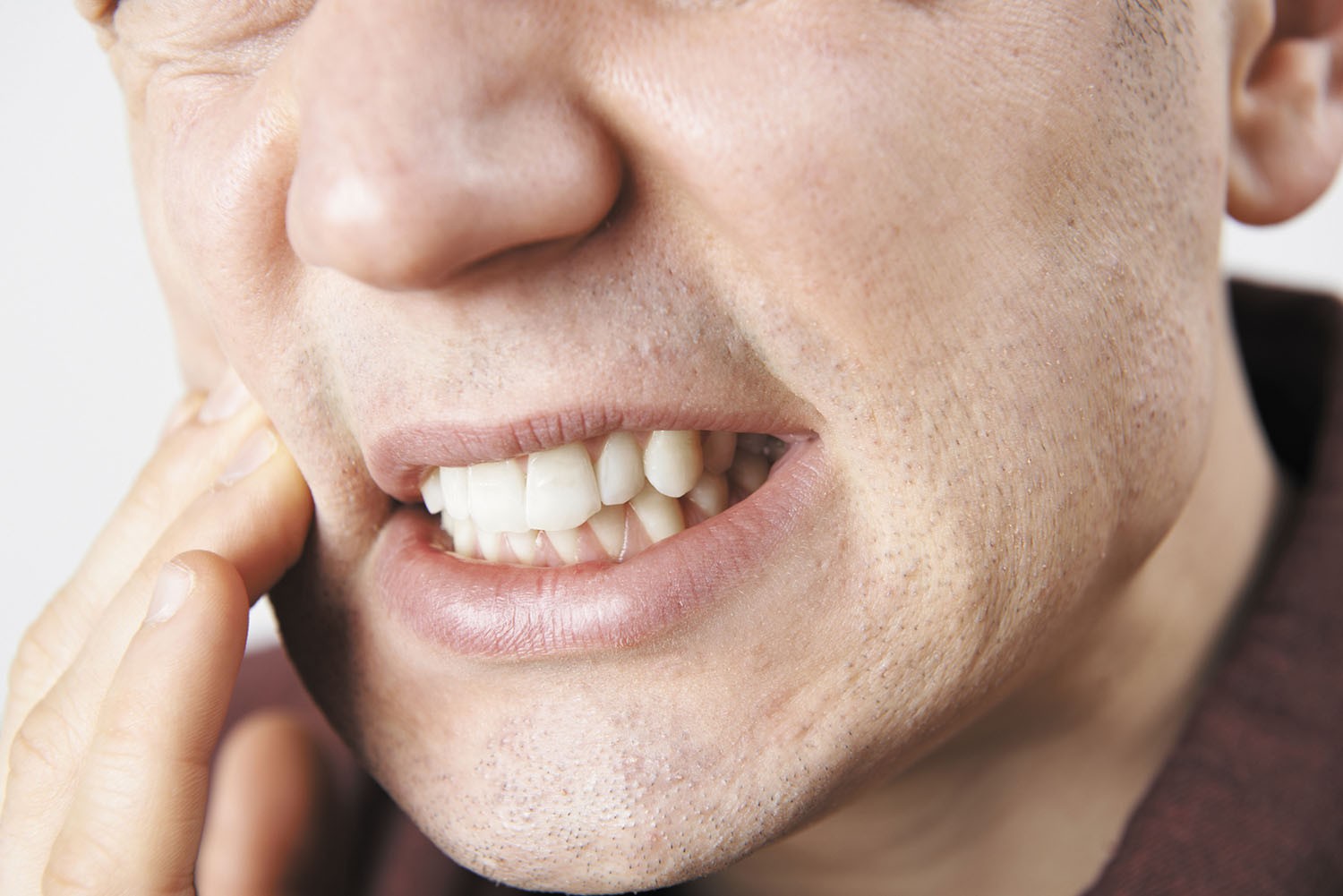Jaw pain can be a sudden and concerning symptom. Understanding the potential causes can help you seek appropriate treatment and relief. This article explores various reasons why your jaw might be hurting, ranging from common conditions to those requiring immediate medical attention.
Common Causes of Jaw Pain
Several factors can contribute to jaw pain, including nerve irritation, referred pain from other conditions, and joint issues.
Neuralgia
Neuralgia, or nerve irritation, is a frequent cause of jaw pain. This can manifest as post-herpetic neuralgia following a shingles outbreak or as trigeminal neuralgia, characterized by sharp, shooting pain in the face. Individuals with diabetes may also experience facial neuralgia.
Referred Pain
Sometimes, jaw pain originates from another part of the body. For example, coronary artery disease can cause jaw pain alongside chest pain, pressure, and shortness of breath, especially during physical activity or stress. This is a serious condition requiring immediate medical attention.
 A diagram of the heart showing coronary arteries.
A diagram of the heart showing coronary arteries.
Temporal Arteritis
Temporal arteritis is an inflammation of the blood vessels, often causing headaches and jaw pain that worsens with chewing. This condition necessitates prompt treatment with prednisone to prevent serious complications, including vision loss.
Other Potential Causes
Beyond the common causes, other conditions can contribute to jaw pain.
Cluster Headaches
Cluster headaches can trigger severe, throbbing pain around one eye, often radiating to the jaw. These headaches typically occur at the same time each day and last for several hours.
TMJ Disorder
Temporomandibular joint (TMJ) disorder involves dysfunction of the jaw joint, leading to pain, discomfort, and tenderness where the lower jaw connects to the upper jaw. Clicking or popping sounds in the jaw may also accompany TMJ disorder.
When to See a Doctor
While many causes of jaw pain are benign, some require urgent medical care. Consult your doctor if you experience:
- Severe jaw pain
- Jaw pain accompanied by chest pain or shortness of breath
- Jaw pain that worsens with chewing
- Vision changes associated with jaw pain
- Persistent or recurring jaw pain
Determining the underlying cause of your jaw pain requires a thorough medical evaluation. Your doctor can diagnose the specific condition and recommend appropriate treatment options.
Seeking Relief for Jaw Pain
Treatment for jaw pain depends on the underlying cause. Options may include medication, physical therapy, lifestyle modifications, and in some cases, surgery. Early diagnosis and intervention are crucial for effective management and prevention of long-term complications. Don’t hesitate to seek medical attention if you’re experiencing jaw pain.